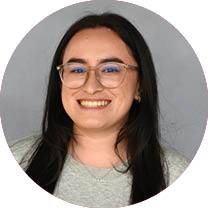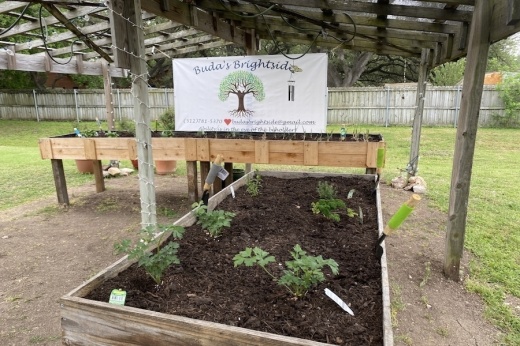Buda’s Brightside, located at 205 W. GoForth Road, opened in 2006 as Terry's Day-Hab and transitioned to a nonprofit organization in 2020 to try and get more funding. The nonprofit served adults age 18 and older with developmental or intellectual disabilities, such as autism, Down syndrome and cerebral palsy, and offered continued education, life skills and community inclusion. Many activities at Buda’s Brightside included gardening, music therapy, outdoor activities and video games as well as outings.
Those at Buda’s Brightside were eligible for day habilitation services through Medicaid. However, the HHSC has phased out the system that was in place, meaning day habilitation services are no longer a Medicaid-billable service effective March 1, 2023.
In its place is a new program called ISS, or individualized skills and socialization service; Buda’s Brightside could have continued on, but the new regulations required much more staffing, and it was not financially feasible, Director Christina Trevino said.
“There are new guidelines and regulations that you have to abide by. ... All the changes that they implemented, I understand why they implemented them, but that was the cart before the horse, and the money didn’t follow,” Trevino said.
The announcement of the change in day habilitation services was announced toward the end of 2022. Trevino said it was a roller coaster ride trying to maintain good, positive energy for her attendees while facing the realities of what the changes meant for the future of Buda’s Brightside.
“I like the hands-on stuff; I’m not a policy [person], but what this comes down to is a policy,” Trevino said.
Historically, Texas has ranked in the bottom five of all 50 states and the District of Columbia since 2007 in serving those with intellectual and developmental disabilities, according to reports by the Ancor Foundation and United Cerebral Palsy. Texas also has the highest number of individuals waiting for home- and community-based services.
Some attendees, including Griselda Vargas’ son who attended for nearly a decade, have been able to receive some form of care through other programs, such as the Texas Home Living program, but it is not the same, she said.
During his time at Buda’s Brightside, Vargas’ son grew and developed skills he did not have before. She said her son relied on the consistency that Buda’s Brightside provided.
She added that many parents have banded together to meet up when possible to keep their children’s connections alive.
Many area organizations, such as Inspired Minds Art Center and Music Therapy Solutions have allowed Buda’s Brightside attendees to use their facilities and offer classes specifically for them.
“The whole idea is that something would be rooted within the community for this community,” Trevino said. “We’re really proud of Buda and all of our volunteers who are stepping up. ... That’s one silver lining—getting the community more involved.”





